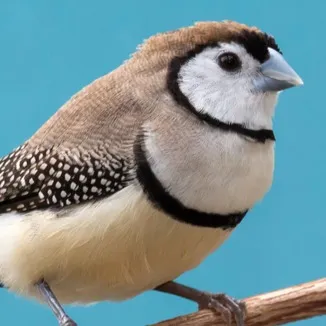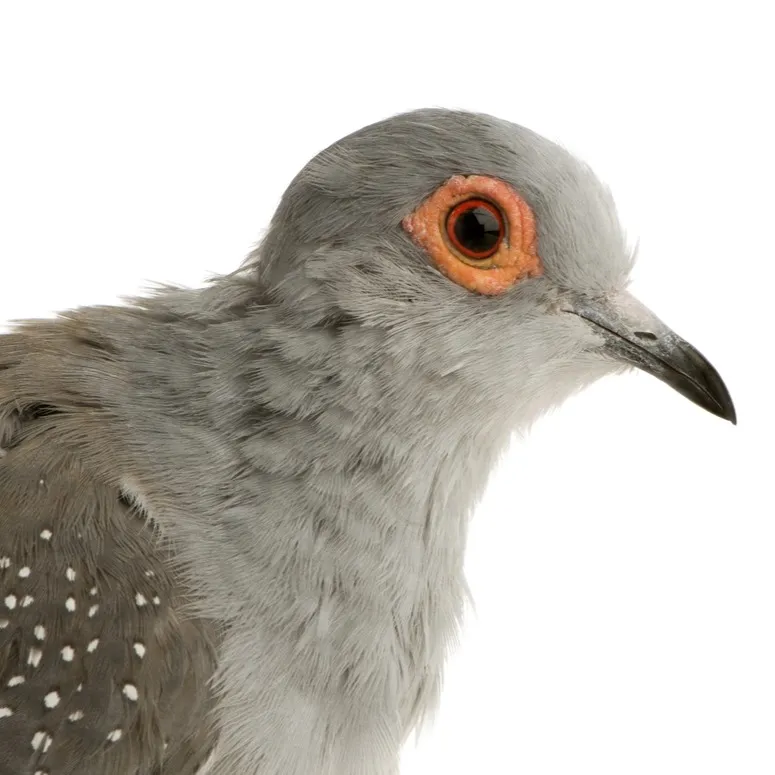All Pets
Dogs
Cats
Birds
Fish
Media
Rescue & Shelters
Pet Services & Shops
Happy Mart
Events
T-Shirts
Home
/
Bird Breeds
/
Cockatiel
Cockatiel
Origin
Australia
Size
Small Breed
Ideal Weather
18º-30ºC
Avg Monthly Expenses
₹4,000
Basic Lifestyle
₹5,000
Premium Lifestyle
Top 5 Traits
Friendly
Playful
Social
Gentle
Affectionate



by Happy Pet Team
Quick Information about the Cockatiel
Characteristics
Affection
Not Friendly
Super Friendly
Vocalization
Silent
Vocal
Intelligence
Low
High
Social Behavior
Prefer Isolation
Very Social
What kind of food is the best for Cockatiels?
Monthly Food Expenses
₹ 2,500 - ₹ 3,000
Ideal weight
80 - 100 grams
Essential Nutrients
Protein
Carbohydrates
Fats
Vitamins
Minerals
List of foods
Seeds
Fruits
Vegetables
Cooked eggs
Whole grain breads
Legumes
Leafy Greens
Which foods to avoid for a Cockatiel?
Avoid anything with these ingredients
Alcohol
Avocado
Chocolate
Caffeine
Onions
Garlic
High-fat foods
Health
Avg Monthly Expenses
₹ 1,500 - ₹ 2,000
Recognising Stress
Feather Plucking
Tail Bobbing
Excessive Vocalization
Aggression
Repetitive Movements
Loss of Appetite
Withdrawal or Hiding
Common Health Issues
Psittacosis
Respiratory Infections
Fatty liver disease
Feather Plucking
Psittacine Beak and Feather Disease (PBFD)
Aspergillosis
Egg Binding
Energy Level
Medium
Preventative measure
Physical checkup every 6-12 months
Annual Blood Work
Annual Fecal Exam
Feather Assessment
Nail Trimming
Beak Assessment
Environmental Enrichment
Medical Care
Prerequisites to pet a Cockatiel
Regular Cage Cleaning.
Enrichment Activities.
Time Commitment.
Noise Tolerance.
Which is the best habitat for a Cockatiel?
Initial Setup Cost
₹ 2,000 - ₹ 2,500
Monthly Expenses
₹ 500 - ₹ 1,000
Essential Equipment
Bird Cage
Perches
Food/ water dishes
Toys and Enrichment
Cage Liner Paper
Cuttle Bone
Cage Cleaning Brush
Compatible mates
Budgerigar.
Lovebird.
Bourke's Parakeet.
Canary.

Written by
Happy Pet Team
Author
Frequently Asked Questions
How long do cockatiels live?
Cockatiels typically live 15–20 years with proper care—some reach the mid-20s, and rare ones live into their 30s.
What should cockatiels eat daily?
One of the best feeding plans includes 70% pellets, 30% fresh fruits & veggies, and a small seed treat. Always offer clean water. Make sure to never give toxic foods like avocado, chocolate, and caffeine.
Are cockatiels easy to care for?
Yes! They’re perfect for beginners. They are friendly, gentle, and social. A proper cage, nutritious diet, toys, and daily social time are all they need.
Can cockatiels talk?
Absolutely! Males are great whistlers and can mimic household sounds and some can even say a few words. Females may whistle but talk less.
How much space does a cockatiel need?
Minimum cage size should be 24″ L×24″ W×30″ H (60×60×75 cm). They also need at least an hour daily outside the cage to stretch and fly.
How do I know if my cockatiel is sick?
Watch for fluffed feathers, loss of appetite, odd droppings, sneezing, lack of energy, breathing changes, or feather plucking. Rush them to the vet if any of these symptoms arise.




